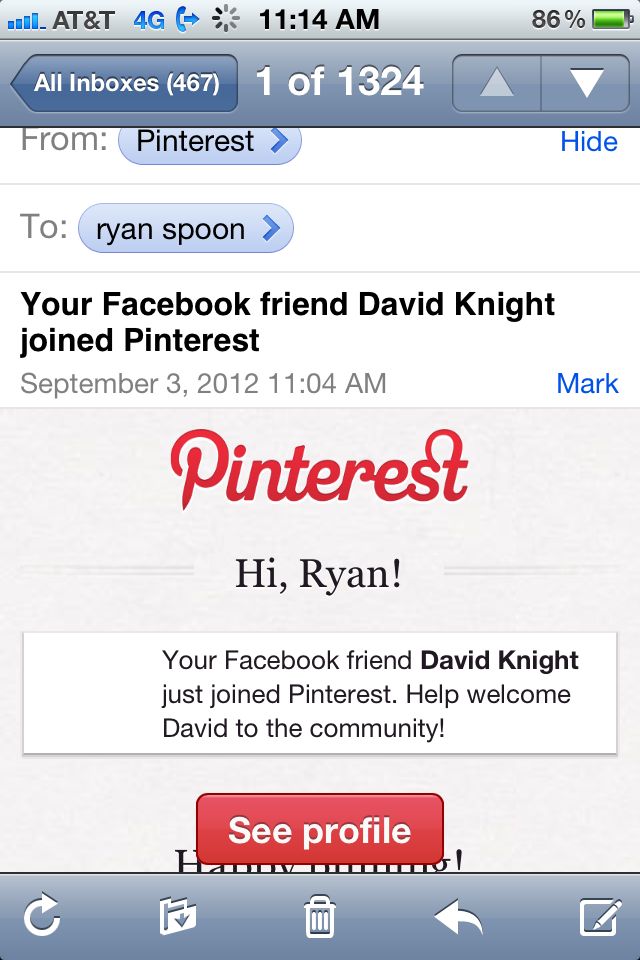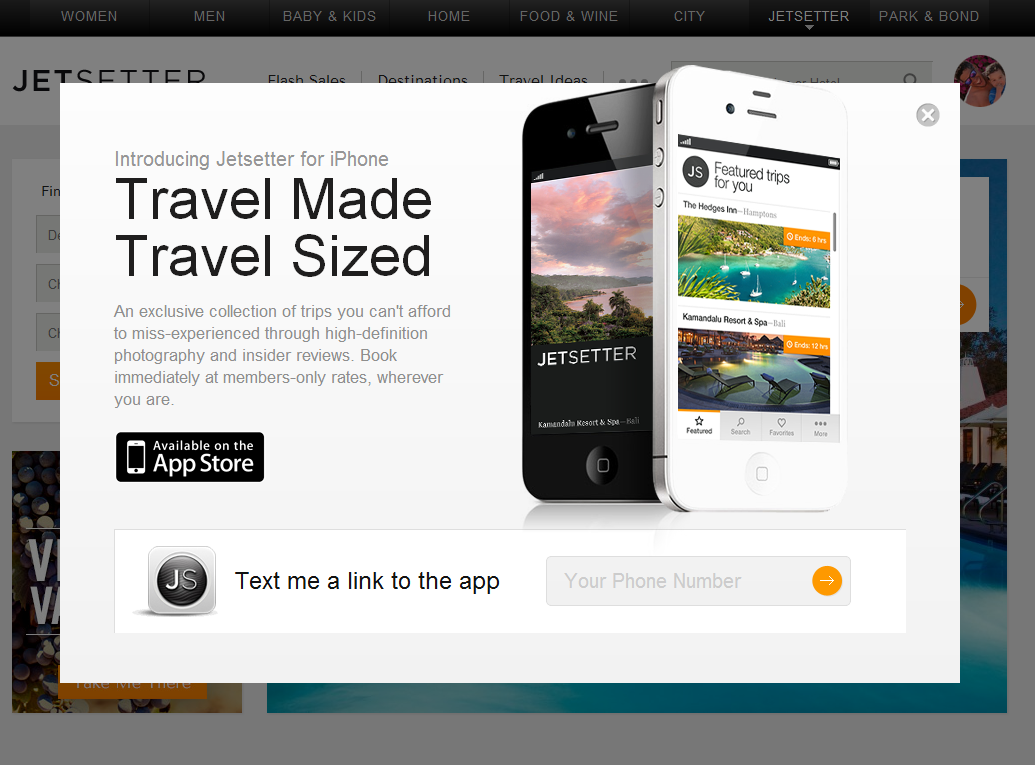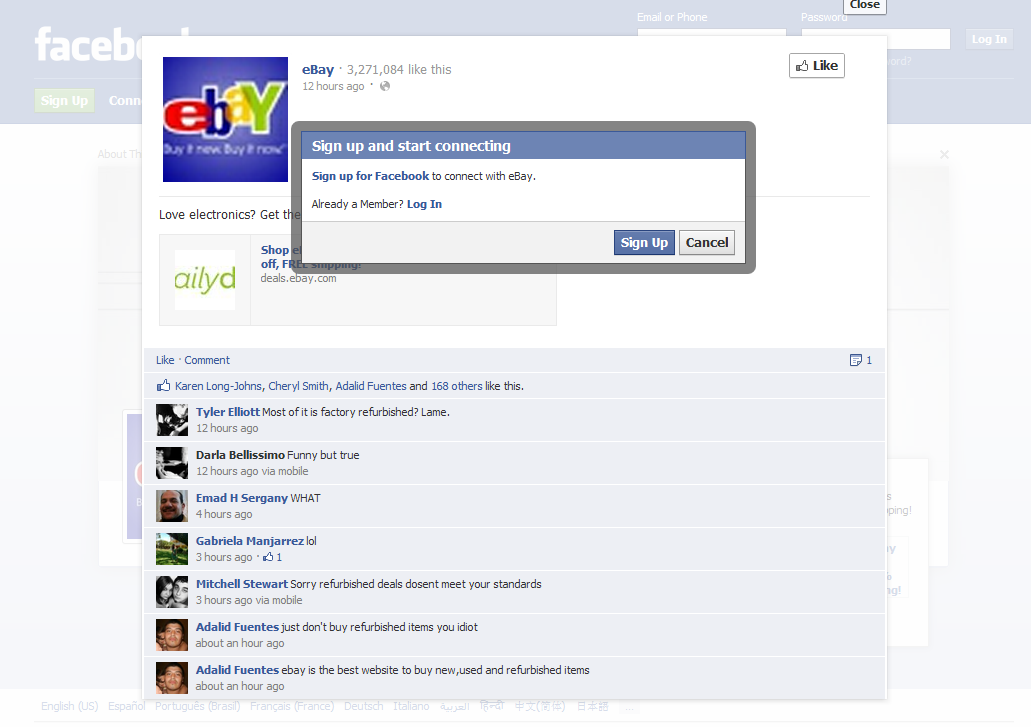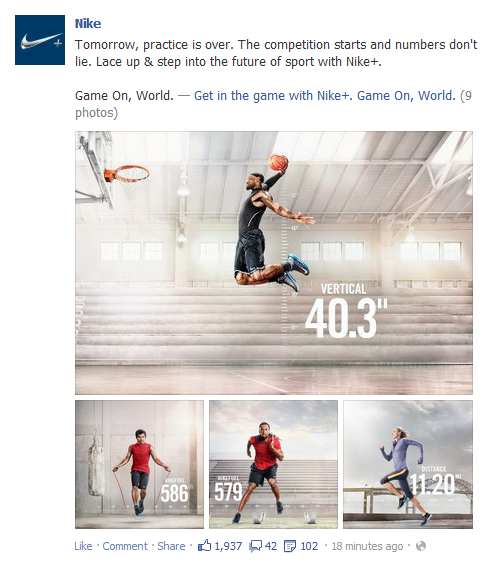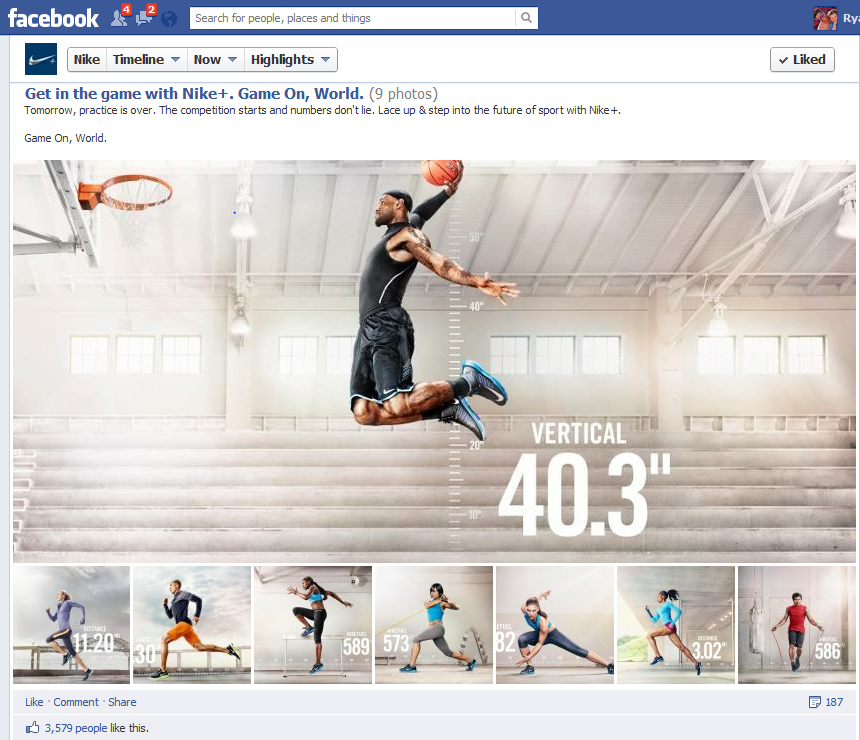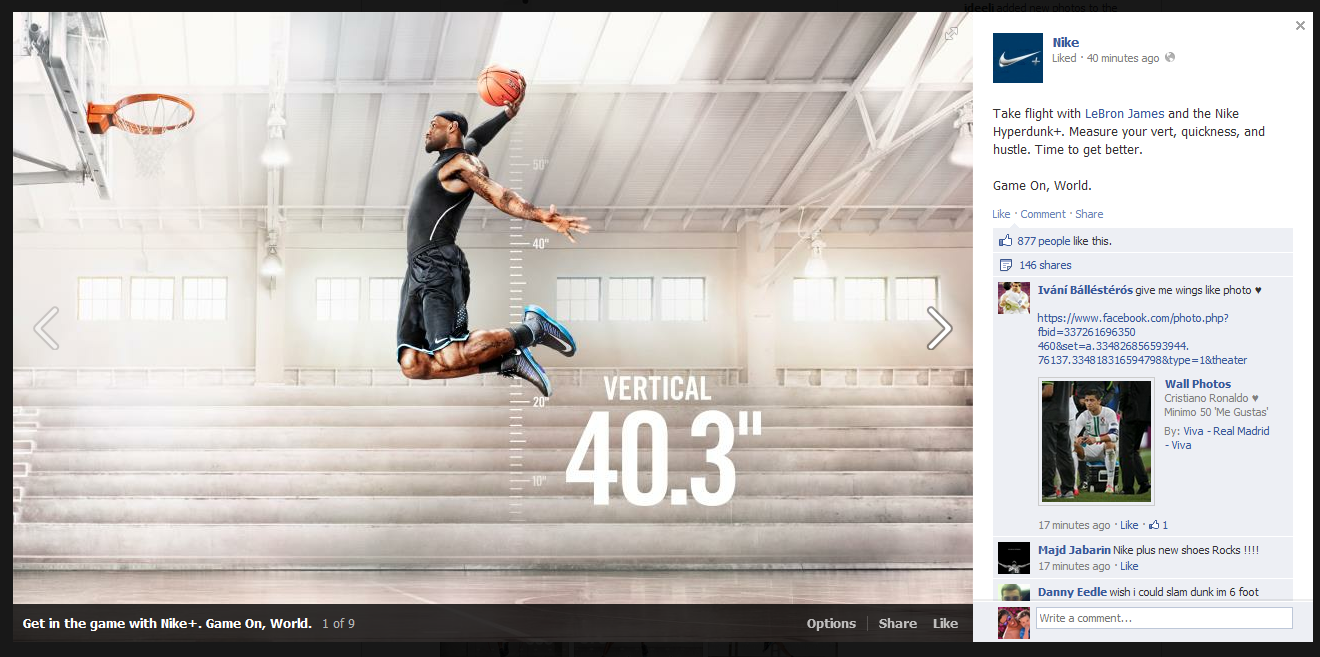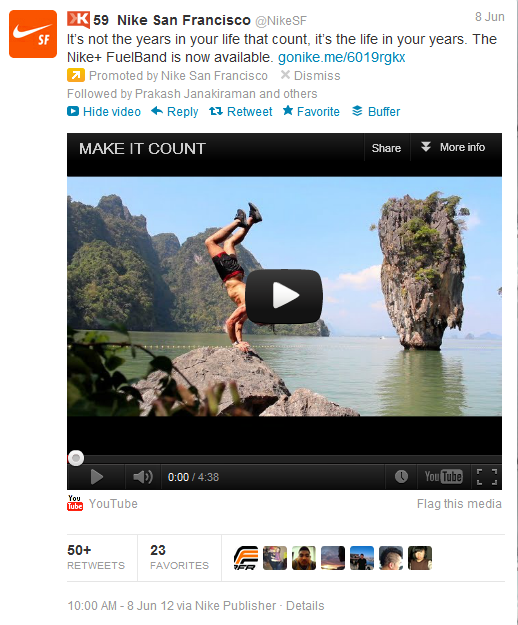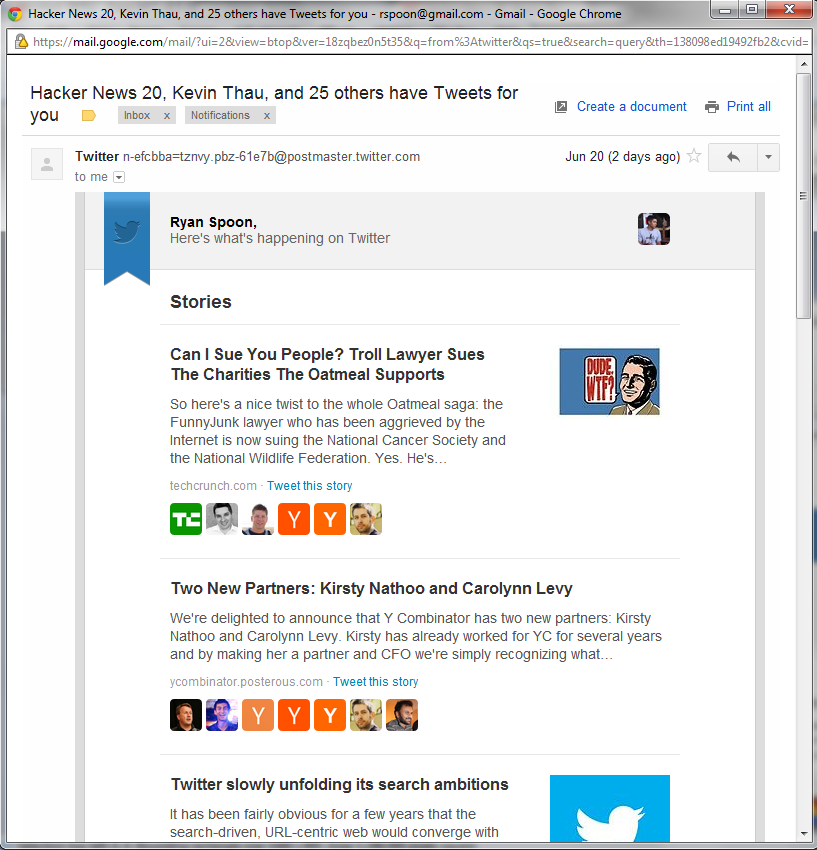I have been splitting time between my iOS and Android (iPhone and Samsung Galaxy III; iPad and Google Nexus 7). Having built up years of habits with the iPhone, it is a really fascinating experience to: 1) force myself to learn a new platform: chalk that up to laziness + 'switching costs'
2) uncover the intricacies of the different platforms & brands: very noticable in some cases, very minor in others
3) figure out what I particularly like about each (device and platform). There are absolutely things that each does better than the other
Really small example of an intricate difference between the two platforms and strategies. Within iTunes (iOS and desktop), the focus on movie and television content is purchase. Makes sense as it's a higher price point and promotes cross device usage (phone, tablet, Apple TV, desktop). Finding rentals is much harder - and in some cases available weeks after the release.
Within the Google Play Store, it is the opposite. Everything defaults to rentals ($1.99 - $3.99 usually). Very different approach which seems to focus on lowering cost and sharing strategy with YouTube and other Google properties.
So many of these little things which are seemingly obvious and/or unimportant... but fascinating both individually and when you combine them all. More to come...



